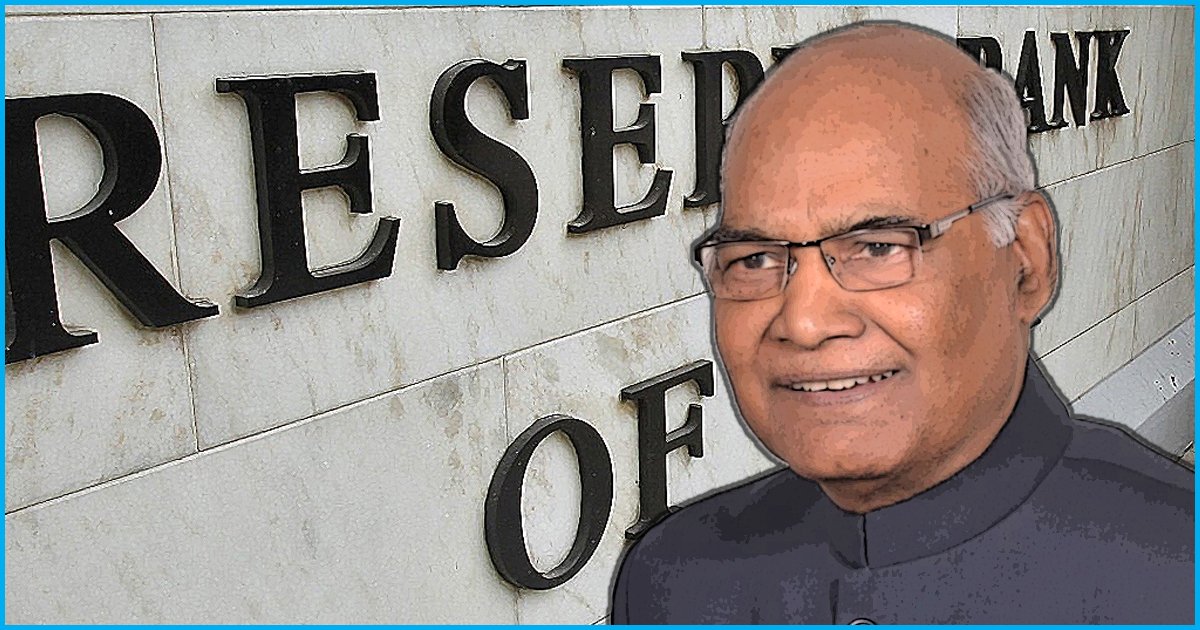
President Gives Nod To New Amendment Of Insolvency And Bankruptcy Code
24 Nov 2017 12:58 PM GMT
President Ram Nath Kovind gave his assent for the amendment of the Insolvency and Bankruptcy Code (IBC) on Thursday.
What it means
Under this new ordinance, wilful defaulters will be barred from bidding their own assets under the Insolvency law. This also bars people associated with Non-Performing Assets from bidding their own assets. The Union Cabinet Minister passed the ordinance to streamline the stressed-asset resolution procedure.
This also makes it easy for Insolvency and Bankruptcy Board of India (IBBI) to effectively select people for bidding by outlining the exact eligibility criteria. This step was taken to curb fraudulent promoters and wilful defaulters from over companies going through resolution.
What is the Insolvency And Bankruptcy Code?
The Insolvency and Bankruptcy Code, 2016 (IBC) is the bankruptcy law of India which was introduced in Lok Sabha in 2015 and was passed on May 5, 2016. The Code outlines separate insolvency resolution processes for individuals, companies and partnership firms. The time limit for the initiation is set. Both debtors and creditors can initiate the insolvency process. The entire process would be handled by professionals and the control over the debtor’s asset would be with them during the procedure. The code also dictates that the procedure would be overlooked by the Insolvency and Bankruptcy Board of India.
Experts say
According to LiveMint, the change comes at a time when the cases chosen by the RBI for bankruptcy proceedings are at the final stage of auctioning assets. 11 out of the 12 cases are at the final stage of auctioning assets. 29 more firms have been identified by the RBI which are heading towards bankruptcy if the owners cannot resolve issues before December 13.
Some experts are of the opinion that this will further slow down the process of resolution of assets. This is because the new criteria for eligibility are yet to be fixed and then only the process will start.
This ordinance is passed not through the parliament but in a hurry even though the winter session of the parliament is scheduled in December. Earlier the financial bill too was passed without it going to the Rajya Sabha.
 All section
All section













